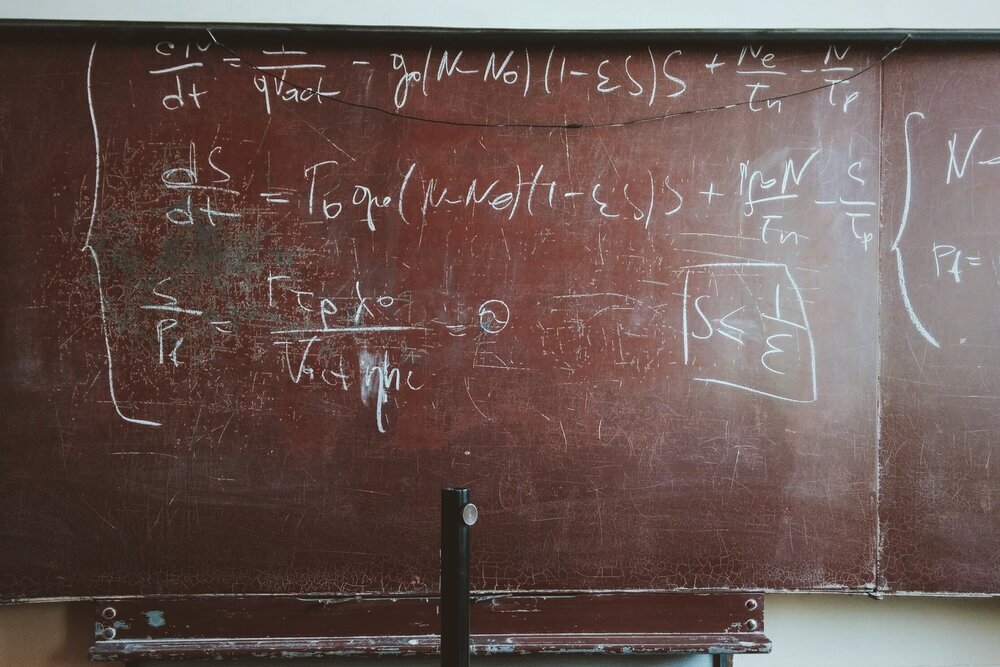
Subject Advice Guide
Physics
Overview
Physics at Oxford is a very exam based, theoretically taught degree. The work consists of weekly problem sets, weekly or fortnightly labs and lectures almost every weekday. Every problem set is followed up by a class or tutorial, of which there are two a week. Some tutors run hour long tutorials for each problem set, for two students at a time, others run 3-4 hour classes with 6 or so students at a time. Which you prefer will depend largely on your own personal tastes, but it's not something you have much control over. The work is very deadline based, which is a good or bad thing depending on your perspective. Most people attend lectures whereas others prefer to learn from a textbook. Lectures are optional but classes/tutorials are not.
The comment that "physics is maths" needs some explaining here. Yes, you use a lot of maths as a physicist, but as a tool, so you tend not to understand in depth how the maths works. Consider a hammer as a metaphor for some mathematical technique: a physicist smashes the hammer to build whatever he or she is making, but a mathematician understands the elegance of the hammer, it's design, shape and curvature.
There is the option to pursue a joint honours in physics and philosophy. Those deep thinkers who want to understand the world from more than just a mathematical perspective may enjoy this and should consider it.
Choosing Your Course
You need to study maths, further maths and physics at A-Level. If you don't do further maths you'll struggle, so if your school doesn't offer it then try and self teach it in your spare time. The University understands that not all schools offer it, but study it for the sake of your own performance in first year and partly also for the PAT. If you're interested in doing physics and philosophy then maybe also consider a philosophy A-Level. If your maths A-Level gives you options, then make sure you do a lot of mechanics. Statistics would also help, especially when you get to second year, but mechanics is more important.
Make sure you study hard for the PAT over summer, as it is a very difficult entrance exam. Consider also whether you would like to do Physics and Philosophy instead. It's a fantastic subject and well worth pursuing.
Career Prospects
More than 40% of Physics graduates go on to study for a higher degree, leading to careers in universities or in industry or in research and development, technical consultancy, manufacturing and science education. Many others enter professions unrelated to Physics, such as finance and business, where the analytical and problem-solving skills they have developed are highly sought-after.
Course Structure
Year 1
Linear algebra and ordinary differential equations, calculus, wave motion, mechanics, special relativity, electromagnetism, optics and electricity. There are four exams, two on maths and two on physics. There are twelve days of lab work to complete, and one short option exam.
Year 2
Statistical mechanics and thermodynamics, electromagnetism, optics, quantum mechanics, partial differential equations, the Fourier transform and statistics. There are three exams, with no explicit maths only exams. There are twelve days of labs, but this number can be increased or decreased depending on the number of short options taken (max 2).
Year 3
There are way more options here, including topics like general relativity, fluids, condensed matter physics and particle physics. There are also lab projects to do, but the details along with what exams you take depend on the options you choose. It's possible to graduate after 3rd year with a BA degree.
Final year
You get two big option choices and a long lab project. The major options include subjects like astrophysics and biological physics. It's possible to transfer to the mathematics and theoretical physics masters in place of the normal fourth year, but this is a very challenging course.
Recommended Reading
There aren't many books I'd advise reading for your application, but there are some key textbooks worth investigating before starting your course. Before that though, I'd highly recommend Roger Muncaster's A-Level Physics. It's an old-fashioned textbook but is fantastic and goes into a lot of depth. It's a league above most of the mainstream lightweight A-Level physics textbooks, which don't give you anything even resembling a deep understanding of the subject. Also, check out https://oxfordpat.wordpress.com/ for worked PAT solutions.
Mathematical Methods for Physics and Engineering by Riley, Hobson and Bence is the go-to maths textbook for the physics course and contains everything you need to know. There's a solution manual you can buy separately but it contains solutions to only half of the problems, unfortunately. Work through the first four chapters or so before you start your degree. In particular, take the time to learn about the Taylor expansion if it wasn't in your A-Level.
Introduction to Electrodynamics by Griffiths is the definitive best textbook for electrodynamics. It's fantastic, easy to understand, well written and thorough. You'll use this for first year and second year. It's also good for an introduction to wave mechanics, vector calculus and special relativity, and may end up being all you need for those courses. It's an incredible book and made better by the fact that the official solutions have been leaked online and are widely available, so it's perfect for self study.
David J. Morin's Introduction to Classical Mechanics is the best book I found on mechanics. It contains problems and solutions, is lucid and easy to understand and covers everything you need for classical mechanics. It even includes some special relativity.
A.P. French's Vibrations and Waves is the definitively best book for wave motion. Clear, to the point but also well explained, this book will carry you through your first year waves course.
A.P. French also penned Special Relativity, which I highly recommend (you could most likely even start on this before you finish your A-Level, since none of the maths is complicated). French is a "trusted author" in my view, in that you know what he writes will be good. Same with Griffiths.
Good optics books are hard to come by, but Introduction to Optics by Pedrotti, Pedrotti and Pedrotti is the best one I've found, along with Optics by Hecht, which is the more standard text. Pedrotti has the advantage of being a more accessible text, in my option, but it uses electromagnetic notation whereas Hecht doesn't.
That covers you for first year, but I would also recommend Introduction to Quantum Mechanics by Griffiths as the best standard textbook on the topic, if you want to get started early. There's also Quantum Physics by Lvovsky, which is not an orthodox textbook, but is probably one of the best on the quantum mechanics overall in that it's written to guide you through developing the subject on your own, instead of just explaining everything while you read passively. Read this if you really want to understand the subject. It also contains fantastic appendices on linear algebra and wave polarisation, which I found extremely helpful in other modules. The solutions for Griffiths have been leaked, and Lvovsky has all the official solutions on his website for free.
